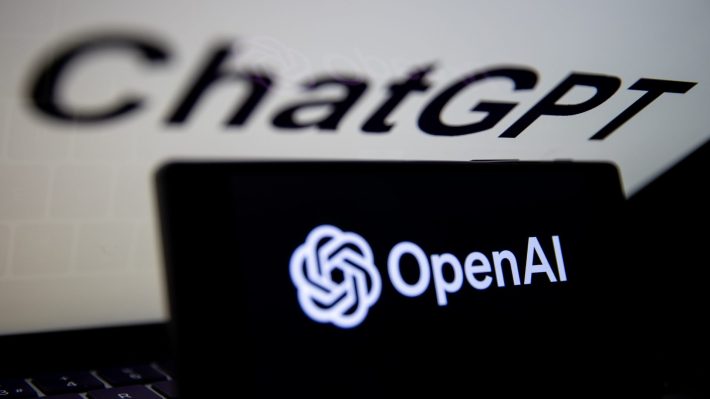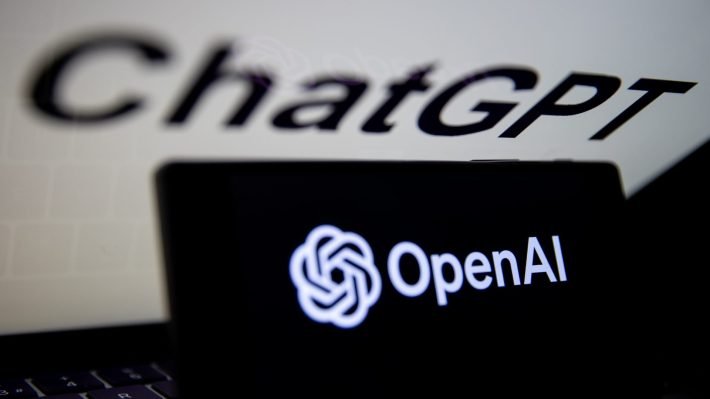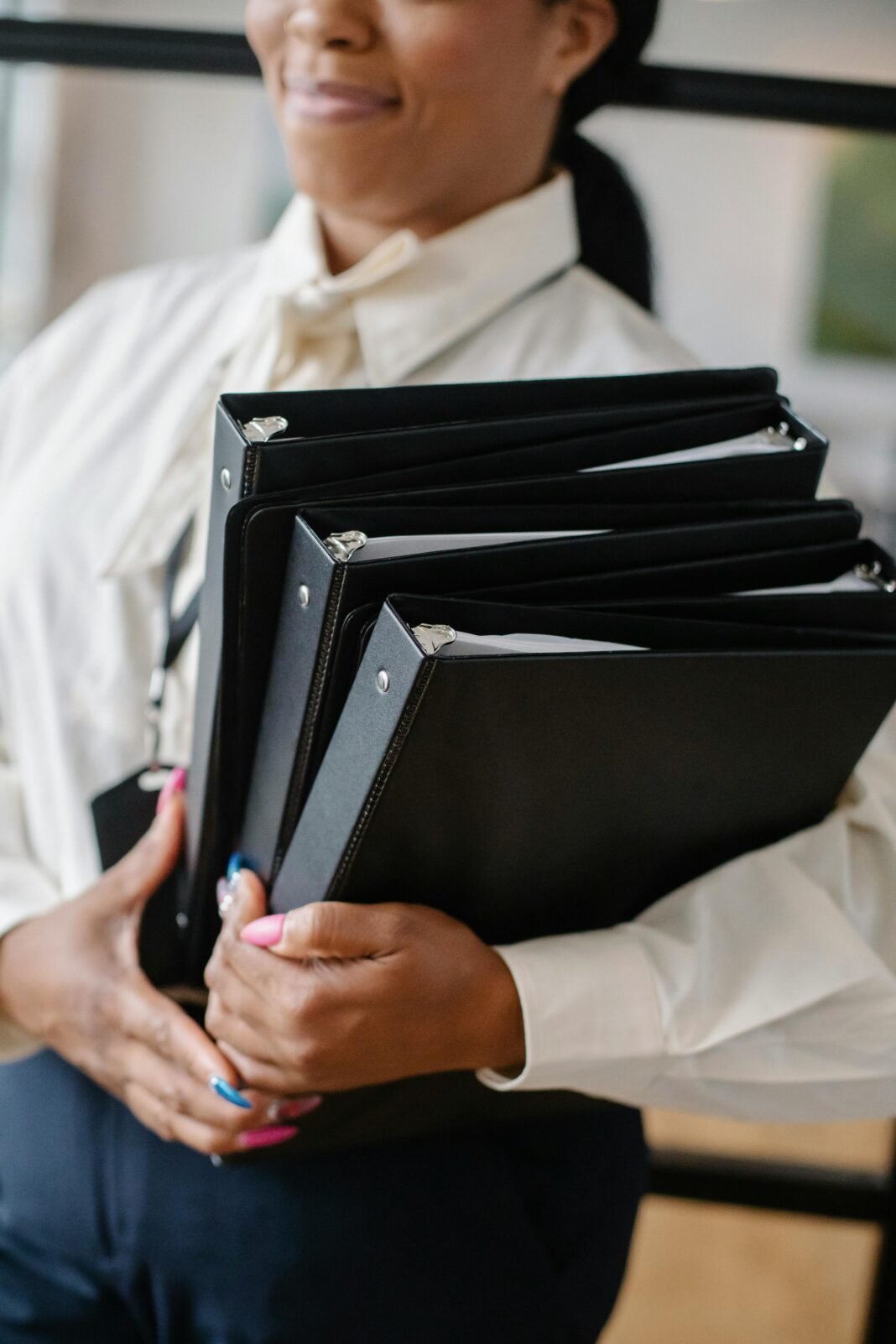
Microsoft and OpenAI have announced a $2 million fund to combat the growing risks of AI and deepfakes being used to “deceive the voters and undermine democracy.”
This year will see a record 2 billion people head to the polls in elections spanning some 50 countries, so there are concerns around the influence that AI will have among voters — particularly those in “vulnerable communities” that may be more susceptible to take what they see at face value.
The rise of generative AI, including wildly popular chatbots such as ChatGPT, has led to a major new threat landscape involving AI-generated “deepfakes” designed to perpetuate disinformation. It doesn’t help that these new tools are available widely and enable anyone to create fake videos, photos, or audio of high-profile political entities.
As recently as Monday, India’s Election Commission urged political parties to avoid using deepfakes and similar disinformation in their online campaigns around the elections.
It’s against this backdrop that all the major tech companies, including Microsoft and OpenAI, have signed voluntary pledges to counter such risks, as well as made plans to build a common framework to address deepfakes created explicitly to mislead voters.
Elsewhere, major AI companies have started to address these risks by introducing restrictions in their software. For example, Google has said it won’t allow its Gemini AI chatbot to answer questions about elections, while Facebook’s parent Meta is also limiting election-related responses via its AI chatbot.
Earlier today, OpenAI launched a new deepfake detector for disinformation researchers, designed to help identify fake content generated by its own DALL-E image generator, while it also joined the steering committee for industry body the Coalition for Content Provenance and Authenticity (C2PA), which already counts members such as Adobe, Microsoft, Google, and Intel.
The new “societal resilience fund” forms part of this broader “responsible” AI push, with Microsoft and OpenAI now striving to “further AI education and literacy among voters and vulnerable communities,” according to a blog post the companies published today. This would involve issuing grants to a handful of organizations, including Older Adults Technology Services (OATS), the Coalition for Content Provenance and Authenticity (C2PA), International Institute for Democracy and Electoral Assistance (International IDEA), and Partnership on AI (PAI).
According to Microsoft, these grants are intended to create a better understanding of AI and its capabilities across society. For instance, OATS will apparently use its grant for training programs aimed at those aged 50 and over in the U.S., covering the “foundational aspects of AI.”
“The launch of the Societal Resilience Fund is just one step that represents Microsoft and OpenAI’s commitment to address the challenges and needs in the AI literacy and education space,” Teresa Hutson, Microsoft’s corporate VP for technology and corporate responsibility, said in the blog post. “Microsoft and OpenAI will remain dedicated to this work, and we will continue to collaborate with organizations and initiatives that share our goals and values.”




